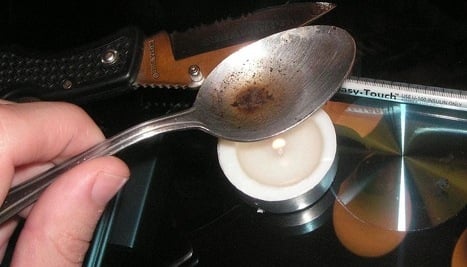The court verdict came on Monday after the prosecution alleged the woman added the lethal drug cocktail to the bottle before feeding her child.
The seven-month-old infant died in a Saint Gallen hospital on May 9th 2009.
A blood test showed that she had three times the lethal dose of drugs for an adult in her body.
The case has attracted national media interest.
The woman declared her innocence, telling the court: “She was my little girl — my flesh and blood,” according to an account of the case by Blick.ch.
“It was not intentional.”
She said her former boyfriend had hidden the drugs in her kitchen cupboard where the baby food was kept, suggesting the drugs had accidentally become mixed up with the milk, Blick.ch reported.
The prosecutor argued that the 25-year-old was motivated to kill the child because the girl stood in the way of her relationship with her ex-boyfriend with whom she was “infatuated”.
He added that a possible additional motive was a bid to quieten the baby so the woman could have a quiet night with her boyfriend.
The woman’s defence lawyer argued that nobody knew what happened, Blick.ch said.
The court judgment found that “most likely the drugs were added by an act of the mother”.
However, it added that the lack of evidence “allows for only an acquittal”.



 Please whitelist us to continue reading.
Please whitelist us to continue reading.
Member comments